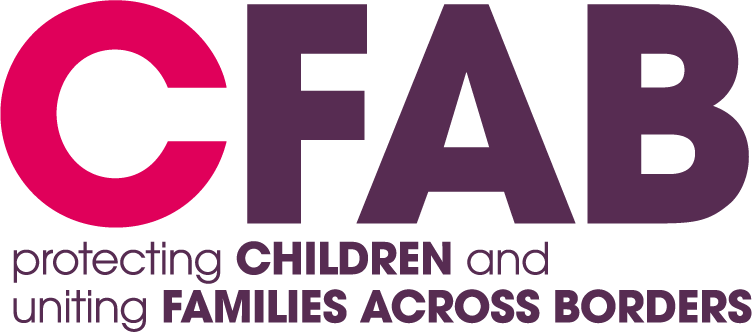What are Equity in Permanency Principles?
Equity in Permanency refers to a set of global principles of child protection practice that prioritise the exploration of family placements, without discrimination, to achieve optimal long-term outcomes for the child. These principles cover a child’s rights, equality of opportunity, bias within child protection systems and the need for adequate planning and accountability.
Along with our international partners, we are launching a campaign to promote Equity in Permanency and help to ensure that all family placement options are explored for any child who can no longer be cared for by their parents. We want to ensure that Looked After Children can access and connect with their extended family locally and overseas to provide the best opportunity for them to be raised with a strong sense of identity, belonging, roots, and culture.
Our campaign aims to:
- Confirm the integration of Equity in Permanency principles into national policy, specifically focusing on enhancing statutory and policy considerations for international kinship care.
- Incorporate the principles into social care practise, providing social workers with the expertise to fully explore international family placement options.
Click here to see a summary of the Equity in Permanency principles
Click here to read a report from the ISS on the importance of practicing equitable family finding and engagement around the world.
Why is this so important?
Family finding and engagement is codified as best practice in the UN Convention on the Rights of the Child.
Beyond this, data also shows numerous benefits linked to international kinship care placements, notably the preservation of a child's sense of family identity. Children who grow up with family are more likely to fulfil their potential, perform better at school, and have better economic prospects.
Yet, a growing body of international research highlights that at the local level, there may not be adequate support to achieve this when children in care have family across international borders. This is often hindered by a lack of practical knowledge or support to safely uphold a child’s link to family, culture, identity, and roots without geographic discrimination. Our initiation of the Equity in Permanency campaign stems from recognising that international kinship care placements are rarely considered permanent, long-term options for children and young people presently in care within the UK.
What changes do we want to see?
National Government:
- Ensure a child's right approach is fully integrated within the current reforms of children's social care within England and Scotland to ensure international family connections are considered.
- Recognise the importance of cultural identity within the standard practice of kinship placements.
- Publish sub-sets of data reported from local government on the number of kinship or overseas assessments, and ensure such data is publicly available for research and analysis.
Local Authorities and Social Workers:
- Ensure family members overseas are included in consultation practice. As a member of the ISS network, CFAB can assist social workers in working with central authorities and the ISS network to access local expertise.
- Ensure transition plans are developed for cross-border placements. CFAB provides resources (see below) to social workers on international kinship care best practices.
- Understand how institutional and historical discriminatory practices continue to influence overseas family placements. CFAB provides resources to promote anti-discriminatory social work practice (see below), such as our Cultural Family Life Library.
How can CFAB help?
Beyond our Advice Line and Casework Services, we have several resources available to help improve understanding of the Equity in Permanency principles.
Information/Guides
- The International Kinship Care Guide is a good practice guide for professionals placing children from local authority care with family members abroad.
- CFAB’s Cultural Family Life Library is a series of guides for social workers introducing them to the history and culture of families in diaspora communities in the UK.
Articles
- This article on Applying Universal Principles of ‘Best Interest’: Practice Challenges across Transnational Jurisdictions, Cultural Norms, and Values aims to address issues concerning the best interests of children in social service support, particularly those with family connections beyond the UK.
Trainings
- Click here to find a recording of our Lunch and Learn session on ‘Considering Cultural Heritage in Social Work Practice’.
Videos on Equity in Permanency
- Click here for ISS webinar on Equity in Permanency Cross Border Family Connections and 7 Principles to Protect Children’s Rights in Practice organised by ISS members (ISS USA and CFAB) and the ISS General Secretariat.
- Click here to find ISS Australia’s International Kinship Care video. This video highlights why it is essential to good practice that if a child in care has extended family living overseas that they be considered as a possible long-term placement option for the child.


